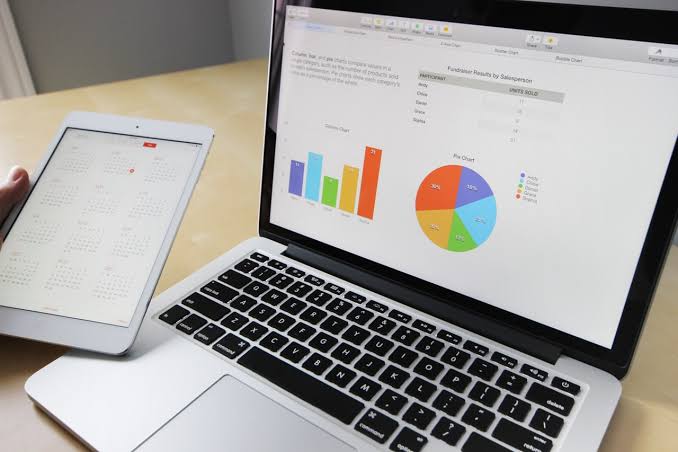In today’s fast-paced business environment, data plays a crucial role in decision making. Companies that can effectively leverage data are better equipped to make informed decisions, stay ahead of the competition, and ultimately drive growth. In Kenya, businesses of all sizes are beginning to realize the importance of data and are looking for ways to utilize it to their advantage.
One key way businesses in Kenya can use data for better decision making is through data analytics. Data analytics is the process of examining, cleaning, transforming, and modeling data with the goal of discovering useful information, informing conclusions, and supporting decision making. By using data analytics, businesses can gain insights into their operations, customers, and markets that would otherwise be difficult or impossible to obtain.
One example of how a business in Kenya can use data analytics is by analyzing customer data to gain a deeper understanding of their needs and preferences. By using data analytics tools to analyze customer data such as demographics, purchase history, and feedback, a business can gain insights into what customers are looking for and what drives their purchasing decisions. This information can then be used to develop targeted marketing campaigns, improve product offerings, and drive sales.
Another way businesses in Kenya can use data for better decision making is through the use of a data analyst. A data analyst is a professional who specializes in the analysis and interpretation of data. They are responsible for collecting, analyzing, and interpreting data from various sources to help businesses make informed decisions. By hiring a data analyst, a business in Kenya can gain access to the skills and expertise needed to effectively analyze and interpret data. This can help the business to identify trends, patterns, and insights that would otherwise be difficult to detect.
Data is also useful in finance and accounting, where it can be used to track financial performance, forecast future financial results, and identify areas of cost savings or revenue growth. For example, by analyzing financial data, a business can determine which products or services are most profitable, identify areas where costs are highest, and develop strategies to improve financial performance.
In addition, data is also useful in operations and logistics, where it can be used to optimize production, inventory management, and supply chain management. By analyzing data on production processes, inventory levels, and shipping times, a business can identify bottlenecks and inefficiencies, and develop strategies to improve operations and reduce costs.
However, it is important to note that simply having data is not enough. It is crucial that the data collected is accurate, relevant, and timely. In addition, businesses must also have the right tools, resources, and processes in place to effectively analyze and interpret the data.
In conclusion, data plays a crucial role in decision making for businesses of all sizes in Kenya. By leveraging data analytics and hiring a data analyst, businesses can gain valuable insights into their operations, customers, and markets. This can help them to make informed decisions, stay ahead of the competition, and drive growth. Businesses that fail to take advantage of data risk being left behind in today’s fast-paced business environment. It’s important for businesses in Kenya to start thinking about how they can use data to inform decision making and drive growth in their organization.




1 Comment
@Gadgetbase we would like to appreciate you for your informative and insightful pieces. Keep it up. Thanks.